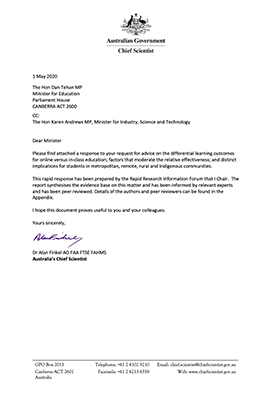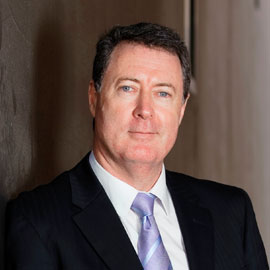Dr Danielle Armour
Senior Lecturer Indigenous Futures, School of Education, College of Arts, Social Sciences & Commerce, La Trobe University
Professor Jill Blackmore AM FASSA
Alfred Deakin Professor and Professor of Education, Deakin University
Professor Natalie Brown
Peter Underwood Centre for Educational Attainment
Professor Janet Clinton
Director, Centre for Program Evaluation and Director, International Teacher Education Effectiveness Research Hub Melbourne Graduate School of Education
Associate Professor David Geelan FACE
School of Education and Professional Studies Griffith University
Professor Andrew Martin FASSA
Scientia Professor and Professor of Educational Psychology School of Education (Educational Psychology Research Group), University of New South Wales
Dr Jodie Miller
Senior Lecturer, Faculty of Humanities and Social Sciences, University of Queensland
Mary Mulcahy
Director CSIRO Education
Dr Sarah Prestridge
Senior Lecturer Program Director, Bachelor of Education, School of Education and Professional Studies, Griffith University
Professor Neil Selwyn
Faculty of Education, Monash University
Professor Pauline Taylor-Guy
Director, ACER Institute and Centre of School and System Improvement
Professor Julian Thomas FAHA
Professor for Media and Communications and Enabling Capability Platform Director, Social Change, RMIT University
Professor Deborah West
Pro Vice Chancellor (Learning and Teaching Innovation), Office of Deputy Vice Chancellor (Students), Flinders University
Dr Rachel Wilson
Associate Professor, Educational Assessment, Evaluation & Research Methodology, Sydney School of Education & Social Work, Centre for Educational Measurement and Assessment, University of Sydney




